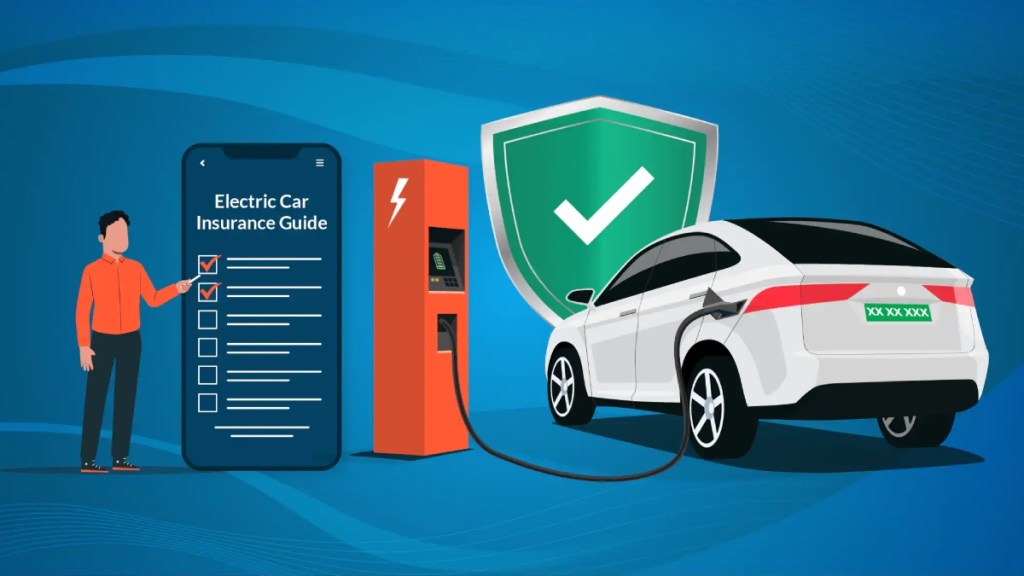By Anushree Harde, Research Associate, TERI
Cities all across the world are evolving to become more interconnected and interactive. The interconnection of new technologies is being used to make infrastructure and amenities more accessible and inclusive. Harnessing the advantages of digitalization in cities is essential to deliver economic, social and environmental development throughout the world that is becoming more and more urbanized. The digital drive would ensure the cities becoming centres for data generation that assists in the planning and its development.
The automated service delivery gaining acceptability and greater reach would help in evolution of new ways of engagement for citizens. Additionally, cities would become centres for testing and implementation of innovative technical solutions. At several places governments are pushing towards smart cities, by propagating the use of technology and data to combat climate change and bring ease in the administrative processes by eliminating delays and making the process more participatory.
Digital innovation can help bring sustainable and resilient aspects to cities. Smart meter adoption and dynamic electric pricing, for instance, have the potential to drastically change how individuals use energy. Electric powered vehicles could significantly reduce noise and air pollution. Digital innovation, which enables more precise management and consumption of manufacturing processes, can also strengthen the circular economy, a concept that attempts to increase economic and resource efficiency. Early warning systems for floods, cyclones and other natural disasters could enhance preparedness, response, and recovery. For instance, the availability of big data on energy, water, waste and transportation and real-time monitoring can significantly transform urban services, by boosting its productivity and integration. Digital technology offers the greatest way to monitor various facilities and features of city life while also connecting every resident to decision-making and administration. The digitalization wave has bolstered transparency and efficiency in e-governance through open and accessible data which in return can help the citizens make better decisions and express their views through various portals and online platforms.
Technology adoption particularly in emerging economy like India will be a key to provide better services and enhance the lives of citizens. Several cities in India, for instance, in Andhra Pradesh are already leveraging innovative technologies to improve civic services such as clean water, sanitation, solid waste management, etc. There has been a proliferation of digitalization of urban and health services under the Smart Cities Mission. The pandemic has already brought to light the importance of technology adoption with ICCCs (Integrated Command and Control Centres) serving as “COVID –19 war rooms” to monitor and coordinate activities effectively in various cities across India. It brought together cities, NGOs, and other local businesses on a single platform through websites and mobile applications to ease out the administration process.
Additionally, the “National Urban Digital Mission” (NUDM), a recent Government of India project, intends to address urban concerns and people’s needs. ‘SmartCode” is another digital platform that is being created for open-source programmers, governments, industries, academia/students, and start-ups. Cities generate large amounts of data, however a common sharing platform on how this data is leveraged to improve services was not available in past; this gap is intended to be filled through the “India Urban Data Exchange” (IUDX) and Smart Cities Data Portal. Furthermore, digital repositories such as “Affordable and Sustainable Housing Aggregator” (ASHA), “Engaging People for Inclusive Cities” (EPIC) have been initiated in cities like Visakhapatnam & Chandigarh respectively for the facilitation of better urban services.
Digital innovation and the formulation of policies can be a collaborative effort of the city government and citizens. Contextual, place-based policies are required to make sure everyone benefits from the digital transformation. More specifically, policies must be modified by keeping in mind the city’s strengths and weaknesses; its geographic location, sectorial structure, skill level of workforce, stakeholder relationship etc.
The digital transition is not going to be an easy path, since not all cities would have the technical capacity, human resources, finances and government support to adapt to the technologically driven environment. Adapting to digital technology often comes with certain risks (security, privacy, and accountability) and trade-offs. Given that this digital transformation would have far reaching effects and can contribute to making the environment more liveable, however, on the other hand it may worsen things for certain vulnerable/disadvantaged groups. In this case, to ensure inclusivity, measures should be taken to avoid this digital divide and facilitate access to people who lack it.
To prevent the widening of digital divide, which can increase citizen discontent, human aspect may not be overlooked. There may be initial social costs, particularly during the transition period, to adapt digital technology. These transitions should be seen as an investment rather than a cost and should include lifelong learning and more broadly, ensuring that people have the necessary abilities for future employment, particularly digital literacy.
Regional and local level responses are important for both the challenges and opportunities of digitalization. Local economies can benefit from creating technologies by utilizing regional initiatives and potentials, which can increase both productivity and growth while promoting diversification. This would require effective stakeholder participation and engagement, leadership and clear vision at all levels of administration, innovative practices in industries, financial resources and accessibility.
Disclaimer: Views expressed are personal and do not reflect the official position or policy of Financial Express Online. Reproducing this content without permission is prohibited.



















